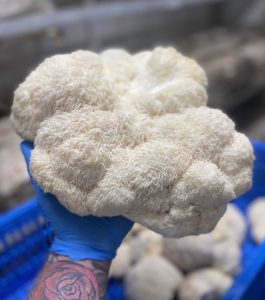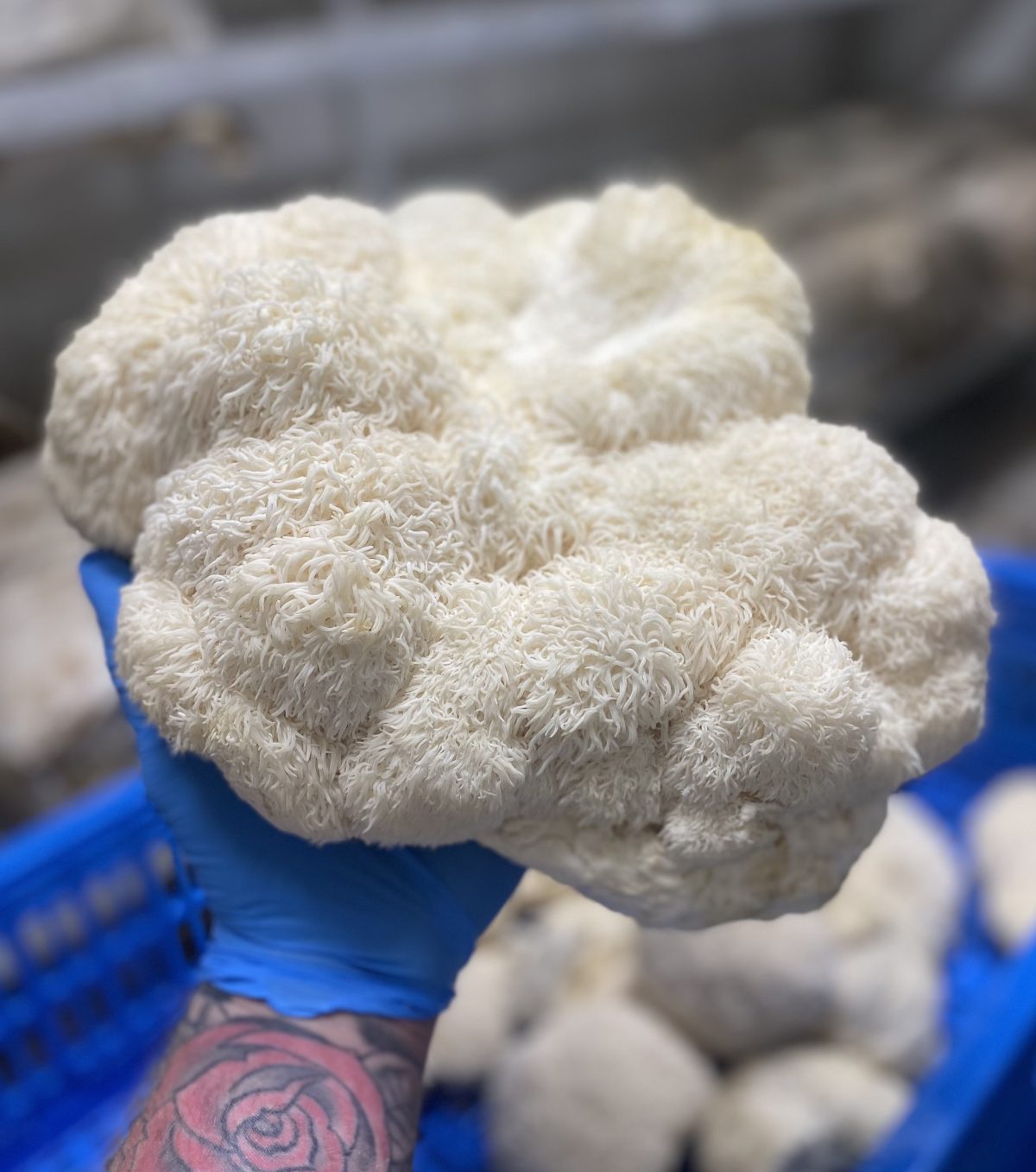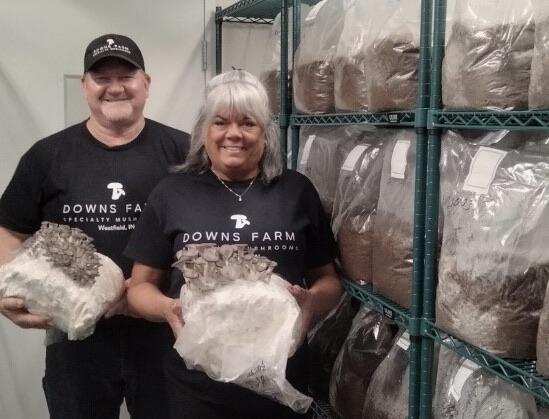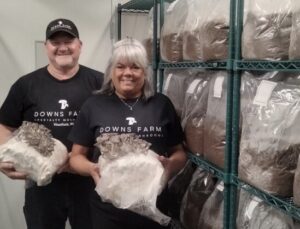Gourmet mushrooms have experienced a surge in popularity in recent years, and there are many factors at play to explain this growing fungi phenomenon.
There is increasing awareness and appreciation for diverse and unique culinary experiences, with gourmet mushrooms offering a distinctive flavor profile and texture to each dish. The burgeoning interest in plant-based diets has led individuals to explore alternative protein sources, and gourmet mushrooms serve as a nutritious and savory option, especially for vegan consumers.
The rise of sustainable and local food movements has encouraged the cultivation of gourmet mushrooms, which can be grown efficiently in controlled environments using organic materials, such as hardwood pellets and soy bean hulls. This aligns with the growing consumer preference for environmentally conscious and ethically sourced foods. Essentially, more and more people want to know where their food comes from, and how its grown.
The versatility of gourmet mushrooms in various cuisines, coupled with their potential health benefits, has contributed to their popularity. Mushrooms are known for their umami taste, and chefs and home cooks alike appreciate their ability to enhance the overall flavor of a dish. Lion’s mane is used in crab cakes, and is being prepared in a variety of forward-thinking ways by chefs who like to branch outside the proverbial box (lion’s mane filet mignon, anyone?). Oysters also find their way into a plethora of culinary concoctions, like risotto, stroganoff, curries, soups and stews.
And there are many other options, such as enoki, turkey tail, reishi, cordyceps, king trumpets, chestnuts and more.
The accessibility of information and resources for cultivating gourmet mushrooms has increased, empowering individuals to try growing them at home or in commercial-scale, start-to-finish cultivation containers, Like FarmBox Foods’ Gourmet Mushroom Farm. This DIY approach has fostered a sense of connection to food production and a desire for fresh, locally sourced ingredients among consumers, as well as those in the back of the house of farm-to-table restaurants.
In short, the popularity of gourmet mushrooms has increased worldwide due to their unique culinary attributes, alignment with dietary trends, sustainability aspects, versatility in cooking, and the growing interest in the cultivation of healthy foods.
Did you know…?
-China is the world’s leading producer of mushrooms
-Fungi mycelium acts as a neutral network in the forest, connecting and benefitting flora in the vicinity.
-Mushroom cultivation and identification have experienced a big jump in public interest since the release of Paul Stamets’ documentary, “Fantastic Fungi,” in October 2019.



 couple is celebrating the launch of a new business centered around specialty mushrooms that are sustainably grown in a controlled-climate farm.
couple is celebrating the launch of a new business centered around specialty mushrooms that are sustainably grown in a controlled-climate farm.